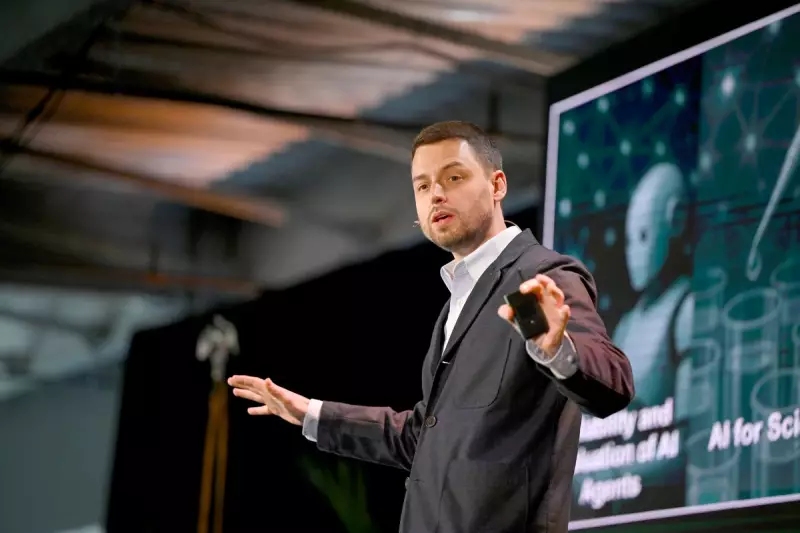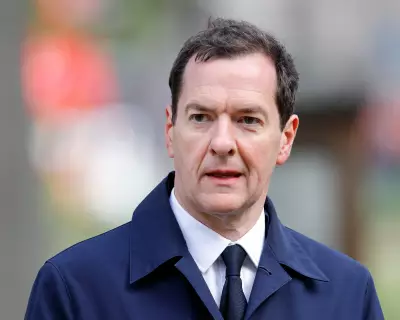
In a significant move that underscores growing concerns about artificial intelligence security, OpenAI has appointed former National Security Agency director Paul Nakasone to its board of directors. The appointment comes as the company establishes a new Safety and Security Committee to address mounting questions about AI governance.
Military Expertise Meets AI Development
Paul Nakasone, who led both the NSA and US Cyber Command until earlier this year, brings formidable cybersecurity credentials to OpenAI's leadership. His appointment signals a strategic shift toward strengthening the company's defence against potential threats in an increasingly complex digital landscape.
The timing coincides with heightened scrutiny from high-profile tech figures, including Elon Musk, who has repeatedly voiced concerns about AI safety protocols. Musk's warnings about artificial intelligence development outpacing proper safeguards have sparked industry-wide debates about responsible innovation.
New Safety Committee Formed
OpenAI has simultaneously launched a Safety and Security Committee tasked with evaluating and enhancing the company's protective measures. This internal body will critically examine existing protocols and recommend improvements to ensure AI systems remain secure and aligned with human values.
The committee's formation represents a proactive response to critics who argue that AI companies have moved too quickly without adequate safety considerations. With Nakasone's expertise, OpenAI appears positioned to address these concerns with serious institutional weight.
Industry Reactions and Implications
Technology analysts suggest this appointment reflects the increasing convergence between national security interests and private sector AI development. Nakasone's background in intelligence and cyber defence provides OpenAI with unique insights into potential vulnerabilities that few other organisations could match.
Meanwhile, Elon Musk continues to advocate for more transparent and cautious approaches to AI advancement, positioning himself as both competitor and conscience to organisations like OpenAI. His persistent warnings have kept public attention focused on the ethical dimensions of artificial intelligence development.
As AI systems grow more sophisticated and integrated into critical infrastructure, the appointment of security veterans like Nakasone may become increasingly common across the technology sector.





